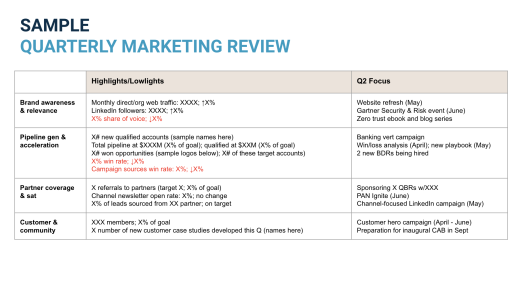If you think of Pabio as “Stitchfix for furniture, in Europe,” you’re probably pretty close to the mark. The company started in Switzerland a couple of years ago with a mission to stop people from buying disposable Ikea stuff for a two-year stint in an apartment, replacing it with well-styled, well-thought-out interior design suggestions and robust, reusable and recyclable furniture. Today it announced it expanded into Germany and raised a drawer-full of cash to expand its marketing and to reach into additional European countries.
With Pabio, customers can request a personalized interior design proposal with photorealistic renders of what their fully furnished apartment will look like. They upload a floor plan and take some photos, and Pabio generates a 3D model of their apartment, furniture and all. If the customer likes it, they can subscribe to their furniture, delivered, installed and insured, for a monthly subscription fee.
“Most people would not pay for an Airbnb if it looks like the apartment they live in. We figured maybe there’s something there. We got into the interior design and furniture space,” explains Carlo Badini, co-founder and CEO of Pabio. “We came up with the idea of marrying interior design with furniture subscription to make nice living affordable to those who rent only for a couple of years.”
“Ikea — just like the furniture industry in general — it tries to portray itself as sustainable, but most furniture is never recycled. The business model for ‘fast furniture’ is ‘how much can we sell and how frequently’. In our case, it’s the exact opposite. Because we offer a subscription, we’re motivated to keep your stuff in your apartment as long as possible, which means we offer high-quality stuff that can last for decades,” says Anand Chowdhary, CTO at Pabio. “Furniture used to be high quality. If you go to your grandparents’ house, you see that the dining table is 20 years old. That was the point of furniture before fast furniture became a trend. We are a new take on that same idea — that furniture should be long-lasting.”
“When you get to the end of your subscription, and you move away, we would take all the furniture back. We will refurbish it and put it in a new apartment. That means we’re optimizing that whole process of how quickly can we put the furniture into a new apartment at a discounted price,” says Badini. “Three or four cycles later, when that furniture is actually fully worn down, we would recycle it.”
The pricing for the service is aimed to be reasonably competitive compared to buying your own furniture — a one-bedroom apartment, fully furnished, lands in the sub-€200 (US$225) range per month, often significantly below that.
“Our target is that we want to be at a maximum of 15% of the rent you are paying,” comments Chowdhary.
“It’s a great time to build a rent-to-own company. It’s very hard for millenials to pay tens of thousands of dollars up front to get furniture for their apartment. Pabio makes this easy and affordable without compromising on quality,” said Tim Brady, partner at Y Combinator.
The company is currently deploying its furniture rental services to around 100 homes. Previously, Pabio raised a $1 million pre-seed round. This time around, it adds an additional $2.2 million round, which includes Serpentine Ventures, Session.VC, Tomahawk.VC, Pioneer Fund, and DD Venture Capital.










